The survivor of Dundee murderer Robbie McIntosh has claimed the parole board “does not care about victims” after the organisation again failed to reach a decision on Angus killer Tasmin Glass.
Glass, convicted of culpable homicide in 2019 for her role in the brutal murder of Steven Donaldson in Kirriemuir, has been before the parole board twice this year with no decision yet being reached.
The Kirriemuir killer is seeking freedom just five years into a ten-year sentence.
Linda McDonald, who has first hand experience of the board after being left for dead by murderer McIntosh, believes Glass’ case proves the system is in need of a complete overhaul.
Her comments come as Justice Secretary Angela Constance refused to answer whether or not she believes the panel should refuse parole for a convicted killer if they had enough doubts to instigate two deferrals.
‘System is a joke’
Speaking to The Courier, Linda called out the justice system and the laws which see violent offenders released halfway through their sentences.
The survivor also revealed that her attacker is eligible for parole again in August after being refused two years ago.
McIntosh left Linda for dead in Clatto Woods in August 2017 while the convicted murderer was on home leave from Castle Huntly prison.
His parole hearing will be due shortly after the expected third hearing date for Glass which is thought to be in July.
Linda told The Courier: “The parole board doesn’t care about victims.
“Yet again they have shown they don’t care about victims.
“Scotland’s justice system is a joke.
“Until Scotland overhauls its justice system to give tougher sentences, and life sentences meaning life, nothing will ever change.”
Survivor backs campaign for reform
The survivor fully backs The Courier’s A Voice for Victims campaign on parole reform and fears the current system will result in someone being killed.
Linda said: “The justice system remains in favour of the criminal over the victim.
“I sincerely hope for Steven Donaldson’s family and keep them in my prayers.”
In October 2017, McIntosh pled guilty to attempted murder for his attack on Linda and was given a lifelong restriction order with a minimum of five years before he could be considered for parole.
In 2022, as soon as he was eligible, he applied for parole and was refused.
He was told he could re-apply in two years, leaving Linda with an anxious wait, worried that her attacker will be freed in August this year.
Justice Secretary can’t answer killer question
Following the parole board‘s second failure to reach a decision on Tasmin Glass, The Courier asked the Justice Secretary her opinion on the proceedings.
We posed the following question: “Should the bar for parole for convicted killers not be high enough that doubts which result in two non-decisions from the parole board should actually be a refusal for parole?”
Ms Constance refused to answer the question directly, instead stating: “I would like to extend my sympathies to the friends and family of Steven Donaldson.
“The parole process is a critical part of the justice system.
“Decisions on release in any given case are always a matter for the independent parole board based on the individual facts and circumstances, with a clear assessment of risk.”
Conservative justice spokesman Russell Findlay said the decision continued to cause the Donaldson family “pain and suffering”.
Mr Findlay, who was the victim of an acid attack and has experience with the parole system, told The Courier: “The SNP government is pushing a new law designed to make the criminal justice system ‘trauma informed’ yet treating victims and their families with basic respect should not require legislation.
“This appears to be yet another example of poor communication and unexplained delay exacerbating the pain and suffering of a grieving family.”
What the parole board says
When asked why they had not refused Glass’ parole instead of deferring twice, the parole board said they were still assessing if the killer could be managed in the community.
A spokesperson for the parole board told The Courier: “The Parole Board for Scotland does not comment on individual cases.
“In determinate sentence cases (like Glass’) the panel considering the case must be satisfied that such risk as the prisoner poses can be managed safely in the community.
“On occasion the panel may decide that further information is required in order to properly and fully assess whether the test has been met.”
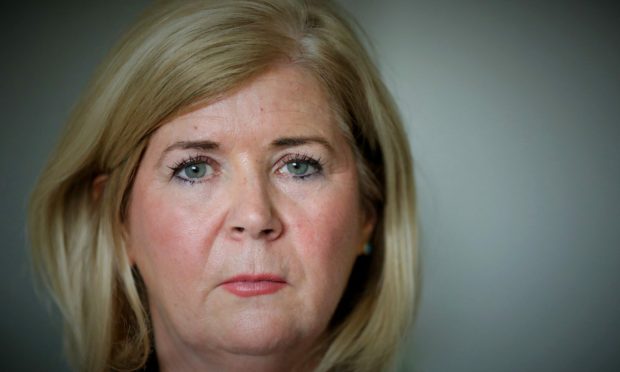
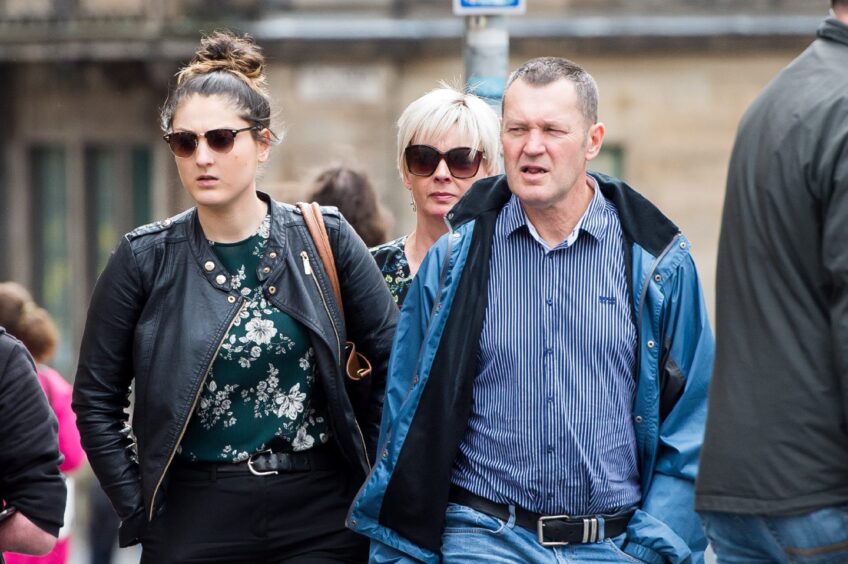

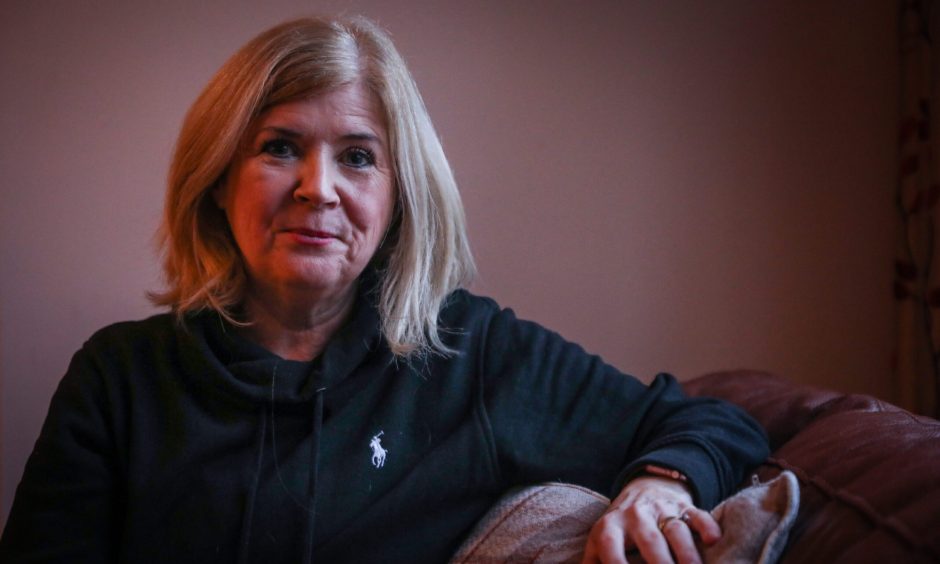
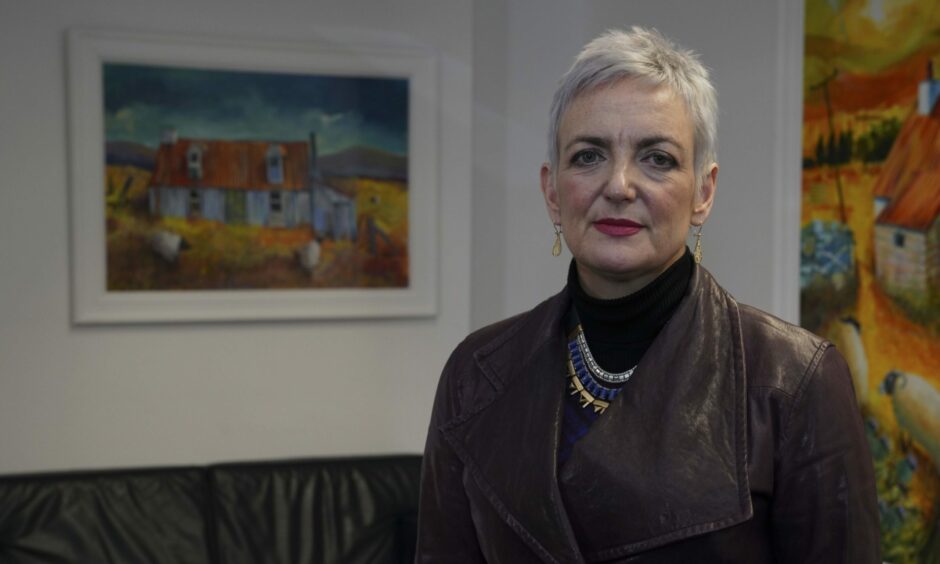




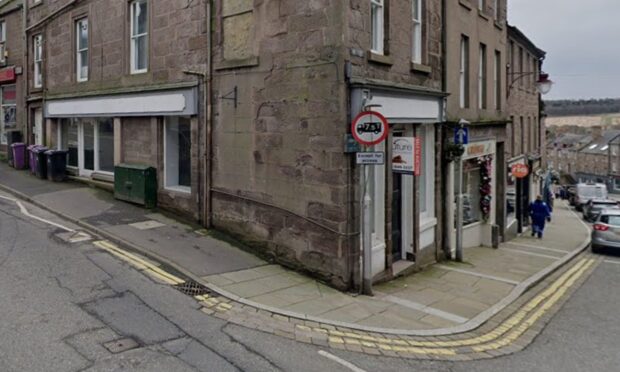





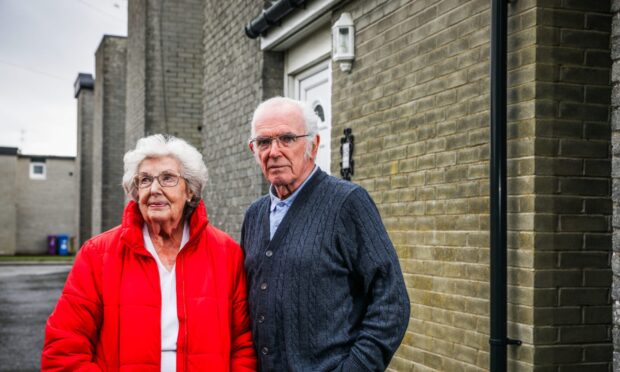
Conversation